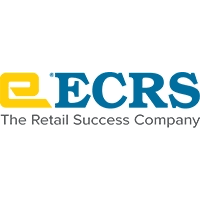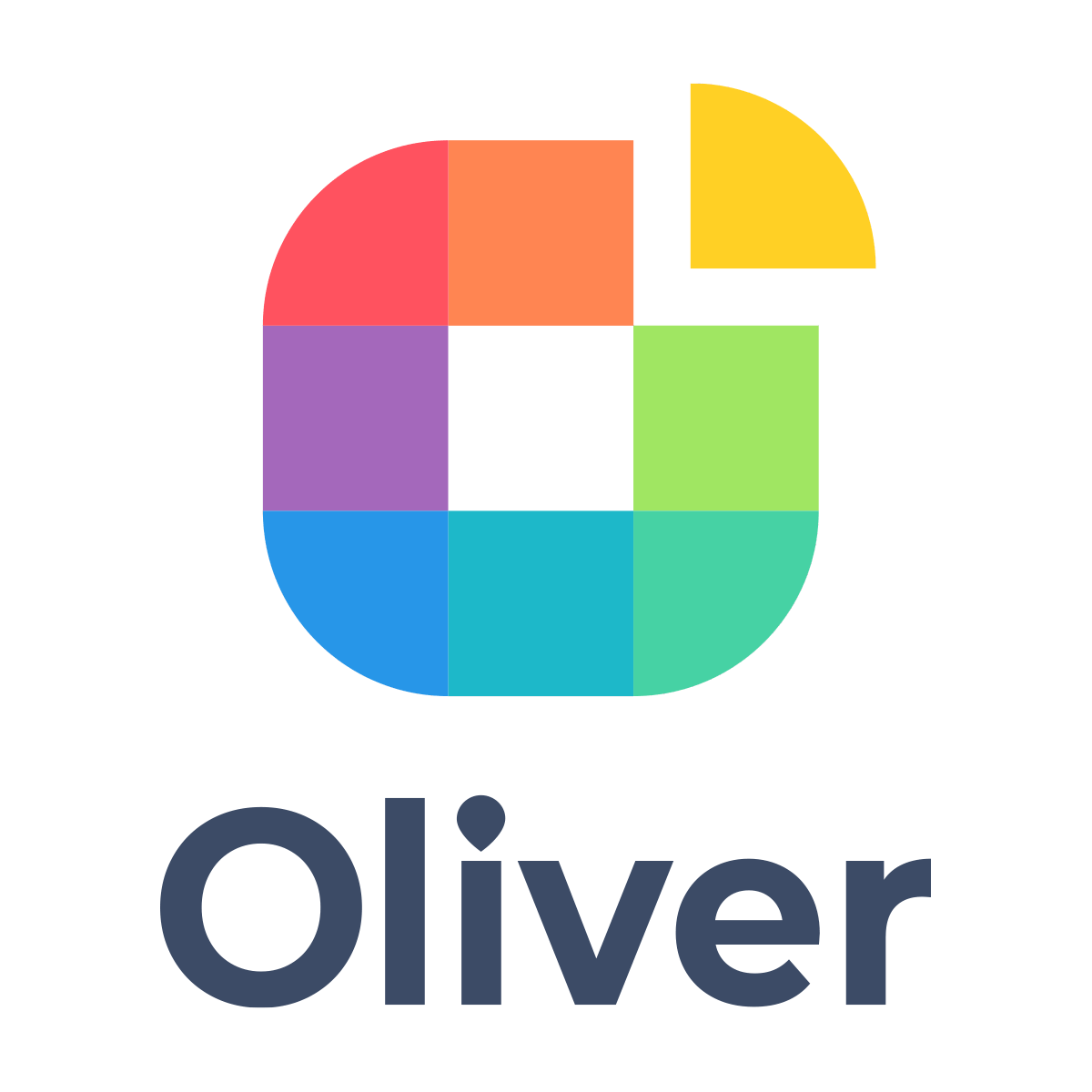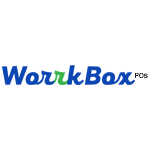Description

DinePlan

ECRS
Comprehensive Overview: DinePlan vs ECRS
DinePlan Overview
a) Primary Functions and Target Markets:
- Primary Functions: DinePlan is a restaurant management and reservation system that enables users to book tables at various restaurants seamlessly. It provides real-time availability, instant confirmations, and the ability to manage bookings via a centralized dashboard. Key functionalities include table management, reservations, customer relationship management, and analytics for understanding customer preferences.
- Target Markets: DinePlan primarily targets restaurants and hospitality businesses looking to optimize their reservation processes. Its market encompasses both small, independent restaurants and larger chains that require efficient booking systems to handle high volumes of reservations.
b) Market Share and User Base:
DinePlan is relatively niche compared to broader point-of-sale systems but holds a significant presence in regions where restaurant culture thrives and digital reservations are in demand. It competes with other reservation systems like OpenTable, Resy, and TheFork. Exact market share statistics for DinePlan can fluctuate, but it’s recognized as a key player in markets where it operates, often growing its user base by aligning with regional dining habits and preferences.
c) Key Differentiating Factors:
- User Experience: DinePlan emphasizes a user-friendly interface for both customers making reservations and restaurants managing bookings.
- Integration: It often boasts seamless integration capabilities with existing restaurant management systems and marketing databases, providing a holistic view of operations and customer engagement.
- Customization: DinePlan offers customizable solutions that cater to the specific needs of different types of restaurants, from high-end dining to casual places.
- Focus on Data and Insights: It provides detailed analytics and reporting features that help restaurants understand customer behavior and optimize their operations accordingly.
ECRS Overview
a) Primary Functions and Target Markets:
- Primary Functions: ECRS (Enhanced Customer Retail Solutions) is known for its comprehensive retail management solutions, including point-of-sale (POS) systems, inventory management, and customer loyalty programs. It offers solutions tailored for grocery, convenience, and specialty retail sectors.
- Target Markets: ECRS primarily targets the retail industry, with an emphasis on larger operations like grocery stores, convenience stores, and specialty retailers looking for efficient and integrated solutions to streamline their retail operations.
b) Market Share and User Base:
ECRS has a substantial presence in the North American retail industry, known for its reliability and innovation within the grocery and convenience store niches. While not as universally recognized as giants like NCR or Oracle Retail, ECRS has carved out a robust customer base with strong loyalty due to its tailored solutions and customer service.
c) Key Differentiating Factors:
- POS Technology: ECRS's Catapult POS system is known for its flexibility, speed, and integration capabilities, offering real-time data processing and support for various payment types and customer loyalty initiatives.
- Unified Commerce Platform: Unlike some competitors, ECRS provides a fully unified commerce platform that integrates POS, inventory management, and eCommerce, ensuring seamless operation across all retail channels.
- Customer Support and Training: ECRS places a strong emphasis on customer support and training, helping retailers maximize the use of its systems.
- Focus on Sustainability: ECRS is also recognized for its emphasis on sustainability, often providing solutions that help reduce waste and improve operational efficiencies.
Comparative Summary
- Functions and Markets: While DinePlan focuses on the dining and hospitality sector, offering reservation and restaurant management tools, ECRS targets retail, offering comprehensive POS and inventory solutions.
- Market Reach: DinePlan has a strong niche presence in particular dining markets, while ECRS has significant penetration in the North American retail space.
- Differentiators: DinePlan is lauded for its reservation system integration and customer engagement analytics. In contrast, ECRS stands out for its comprehensive commerce platform and robust support services aimed at retail efficiency.
Contact Info

Year founded :
2008
+65 6341 7144
Not Available
Singapore
http://www.linkedin.com/company/dineplan-pos

Year founded :
1940
Not Available
Not Available
Not Available
Not Available
Feature Similarity Breakdown: DinePlan, ECRS
DinePlan and ECRS are both software solutions used within the hospitality and restaurant industries, though they serve somewhat different purposes. Here is a breakdown of their feature similarities and differences:
a) Core Features in Common
-
Reservation and Booking Management:
- Both DinePlan and ECRS offer functionalities to manage reservations and bookings, though the approach and depth can vary. DinePlan primarily focuses on facilitating and managing customer reservations online.
-
Customer Data Management:
- Both platforms provide the ability to gather and manage customer data, allowing businesses to understand their customer base better and tailor their services.
-
Reporting and Analytics:
- Each system offers reporting tools to help businesses track performance and identify trends, though ECRS may have more extensive data analytics due to its broader focus as a point-of-sale (POS) system.
-
Integration Capabilities:
- Both solutions allow integration with other systems, whether it's POS systems, accounting software, or customer relationship management tools.
b) User Interface Comparisons
-
DinePlan:
- The user interface of DinePlan is typically streamlined for ease of use in reservation management. It focuses on calendar views, simple booking operations, and straightforward customer management.
- It is designed mainly for accessibility, allowing restaurant staff to quickly view and manage bookings from various devices.
-
ECRS:
- ECRS, being a comprehensive POS system, usually offers a robust interface with more complex functionalities. It supports functions beyond reservations, such as inventory management, sales tracking, and checkout operations.
- The interface is likely more sophisticated given its broader application but might require more training for users due to its extensive feature set.
c) Unique Features
-
DinePlan:
- Online Reservation Platform: DinePlan specializes in an easy-to-use reservation platform, enabling customers to book tables online seamlessly.
- Customizable Booking Widgets: Offering businesses the ability to customize widgets and integrate them into their websites or social media pages for better branding and functionality.
-
ECRS:
- Comprehensive POS Solutions: Beyond reservations, ECRS focuses heavily on providing a complete POS system, which includes inventory management, employee scheduling, and customer loyalty programs.
- Retail and Grocery Capabilities: ECRS extends beyond just restaurant needs, also catering to retail and grocery environments, which is not a feature of DinePlan.
- Advanced Analytics & Reporting: Offers more advanced features tailored towards retail and restaurant management with sophisticated data analytics for in-depth business analysis.
In summary, while DinePlan and ECRS share some common features, they cater to different aspects of the hospitality industry. DinePlan is more reservation-centric, whereas ECRS offers a full-fledged POS experience with added capabilities for different retail environments.
Features

Not Available

Not Available
Best Fit Use Cases: DinePlan, ECRS
DinePlan and ECRS are technology solutions designed to enhance operations and management in the hospitality and retail industries, respectively. Here’s how each might be best utilized:
DinePlan
a) For what types of businesses or projects is DinePlan the best choice?
-
Restaurants and Cafés: DinePlan is ideal for standalone restaurants, cafés, and bistros that are looking to streamline their reservation processes. With features like online bookings, table management, and customer relationship tools, it helps these establishments manage customer flow and improve service efficiency.
-
Franchises and Chains: Restaurant chains or franchises can use DinePlan for unified reservation management across multiple locations. This is particularly useful for brands looking to maintain consistent customer service and optimize seating arrangements company-wide.
-
Events and Catering: Businesses that frequently host events or offer catering services may benefit from DinePlan’s ability to handle group bookings, special event reservations, and custom menu planning.
-
Hospitality Venues: Hotels, lodges, or resorts can integrate DinePlan to manage reservations for in-house dining options, ensuring guests have seamless access to their dining services.
ECRS (Electronic Cash Register Systems)
b) In what scenarios would ECRS be the preferred option?
-
Grocery and Retail Stores: ECRS systems are primarily used in retail environments, such as grocery stores, where advanced point-of-sale (POS) capabilities facilitate efficient transaction processing and inventory management.
-
Convenience Stores: These stores can leverage ECRS to process high volumes of transactions quickly and manage a diverse range of inventory items efficiently.
-
Quick Service and Fast Food Restaurants: In the fast-paced environment of quick service restaurants (QSR), ECRS can optimize order processing, reduce wait times, and enhance customer satisfaction with integrated kitchen management and order display systems.
-
Pharmacies and Specialty Retailers: With specialized inventory needs, pharmacies and other specialty retailers can use ECRS to manage stocks, handle prescriptions, and meet regulatory requirements effectively.
Catering to Different Industry Verticals or Company Sizes
DinePlan:
- Industry Verticals: Primarily focused on the hospitality and food service industries, DinePlan is suited for dining establishments of various types, particularly those prioritizing customer experience and operational efficiency.
- Company Sizes: It is scalable for small independent restaurants as well as large multi-location chains, offering flexibility in managing reservations and customer engagement strategies.
ECRS:
- Industry Verticals: Primarily intended for the retail sector, including grocery, convenience, and specialty stores, ECRS focuses on point-of-sale and supply chain efficiency.
- Company Sizes: ECRS caters to both small businesses and larger chains, offering solutions that can scale according to the size and needs of the enterprise, with robust features to manage high transaction volumes and complex inventory assortments.
In summary, DinePlan is best suited for businesses in the hospitality sector looking to enhance reservation and customer engagement processes, while ECRS is ideal for retail businesses that require comprehensive point-of-sale and inventory management solutions. Each solution’s strengths align with distinct industry needs and company structures, effectively supporting operational goals within their respective domains.
Pricing

Pricing Not Available

Pricing Not Available
Metrics History
Metrics History
Comparing teamSize across companies
Conclusion & Final Verdict: DinePlan vs ECRS
Conclusion and Final Verdict for DinePlan vs. ECRS:
When evaluating DinePlan and ECRS, both products have unique strengths and cater to specific needs. However, the choice between them ultimately depends on the user's priorities and business requirements. Here's a breakdown of which product provides the best overall value, the pros and cons of each, and recommendations for users trying to decide between the two.
a) Best Overall Value:
ECRS generally offers the best overall value for more comprehensive needs, particularly for larger operations that require extensive POS integrations and management capabilities across multiple locations.
b) Pros and Cons:
DinePlan:
-
Pros:
- User-friendly interface tailored for restaurant reservation systems.
- Integration with various online booking platforms, making it ideal for managing dining reservations effectively.
- Customizable to fit the needs of specific restaurant sizes and types.
- Cost-effective solution for small to medium-sized restaurants primarily focused on reservation management.
-
Cons:
- Limited to reservation management, lacking the broad POS functionalities some businesses might need.
- Integration with other systems (e.g., inventory management, loyalty programs) could be less robust compared to comprehensive POS systems.
ECRS:
-
Pros:
- Comprehensive POS solutions that include inventory management, customer loyalty programs, and robust analytical tools.
- Suitable for large-scale operations and multi-location management.
- Strong support and system reliability, which is crucial for high-volume environments.
-
Cons:
- Higher upfront and operating costs, which might not be feasible for smaller or budget-conscious establishments.
- May require more in-depth training and onboarding, given the complexity and range of features.
c) Recommendations for Users:
-
For Small to Medium Restaurants primarily concerned with managing reservations efficiently, DinePlan is likely the better choice, given its usability and cost-effectiveness. It's designed to streamline booking and relevant customer interactions without the need for broader POS functionalities.
-
For Larger Restaurants or Chains that require a comprehensive solution inclusive of POS capabilities, inventory management, and advanced analytics, ECRS presents a better investment. Its extensive features will support growth and provide a unified system to manage multiple aspects of the business.
Ultimately, users should assess their specific operational needs, budget constraints, and long-term goals. For those who expect to grow or expand into multiple locations, investing in a system like ECRS might provide the scalable foundation they need. Conversely, for restaurants that want to optimize reservation management while keeping costs down, DinePlan remains a reliable choice.
Add to compare
Add similar companies



